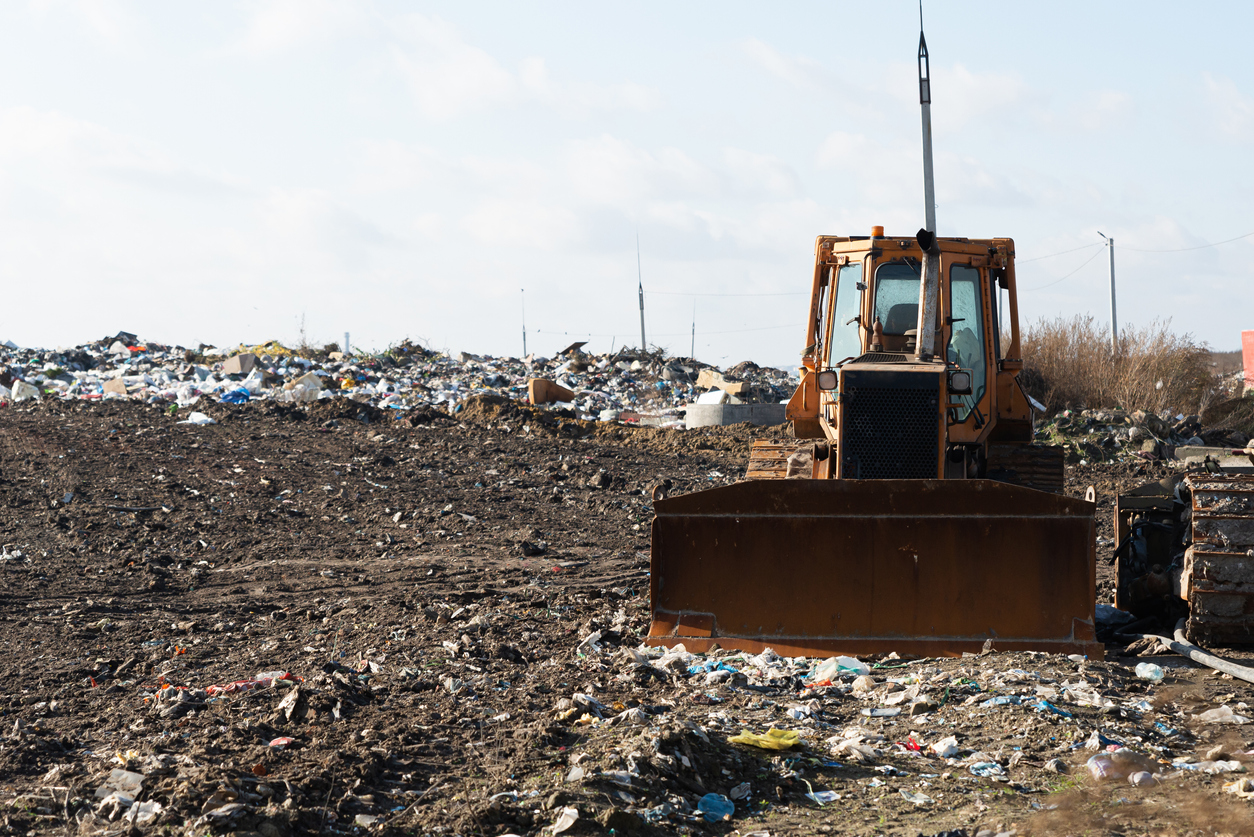How to Get Started with Buying and Exporting Scrap Iron from Libya with Wigmore Trading
How to Get Started with Buying and Exporting Scrap Iron from Libya with Wigmore Trading
Are you looking for a profitable business opportunity in the scrap iron industry? Look no further than Libya, where there is an abundance of high-quality scrap iron waiting to be exported to eager buyers around the world. And with Wigmore Trading as your trusted partner, getting started has never been easier. In this blog post, we’ll guide you through the process of buying and exporting scrap iron from Libya with Wigmore Trading, and show you how to turn this lucrative market into a successful venture. So buckle up and get ready to explore the exciting world of scrap iron trading!
Introduction to Scrap Iron Trading with Wigmore Trading
Wigmore Trading is a family-owned international trade company that specializes in the export of scrap iron from Libya. The company was founded in 2006 and is headquartered in Benghazi, Libya. Wigmore Trading has a team of experienced professionals who are knowledgeable about the Libyan market and the scrap iron trade. The company exports scrap iron to buyers in Europe, Asia, and the Middle East.
Wigmore Trading is committed to providing its customers with quality products and services. The company offers a wide range of scrap iron products including HMS 1&2, shredded steel, and cast iron. Wigmore Trading also provides transportation services to its customers. The company has a fleet of trucks and trailers that are used to transport the scrap iron from Libya to the port of destination.
If you are interested in buying or exporting scrap iron from Libya, then you should contact Wigmore Trading. The company will provide you with all the information you need to get started in this business.
Understanding the Market for Libyan Scrap Iron
If you’re interested in buying and exporting scrap iron from Libya, it’s important to have a good understanding of the Libyan scrap iron market. There are a few things to keep in mind when it comes to the market for Libyan scrap iron.
First, there is a large demand for scrap iron in Libya. This is due to the fact that Libya has a large steel industry. In order to meet the demands of the Libyan steel industry, a lot of scrap iron is needed.
Second, the quality of Libyan scrap iron is generally very good. This is because most of the scrap iron that is used in Libya comes from old Soviet tanks and other military equipment. This means that the scrap iron is usually very high quality and free from impurities.
Third, the price of Libyan scrap iron can vary depending on the supplier. There are a number of suppliers who sell Libyan scrap iron, so it’s important to shop around and get the best price possible.
Fourth, when buying Libyan scrap iron, it’s important to make sure that you’re dealing with a reputable supplier. There are a lot of scams out there, so you need to be careful when choosing who to do business with.
Fifth, once you’ve found a good supplier of Libyan scrap iron, it’s important to negotiate a good price. This is because the price of scrap iron can fluctuate depending on international markets. By negotiating a good price, you can ensure that you’re getting a
How to Source Libyan Scrap Iron
If you’re interested in sourcing scrap iron from Libya, there are a few things you need to know. First, it’s important to find a reputable supplier. There are a few ways to do this:
-Ask for recommendations from other businesses in the same industry
-Search for suppliers online
-Contact the Libyan Chamber of Commerce
Once you’ve found a few potential suppliers, it’s important to do your research and make sure they are reputable and have a good track record. You can do this by:
-Checking online reviews
-Asking for references from past clients
– Checking with the Better Business Bureau or other business rating organizations.
Once you’ve found a supplier you can trust, the next step is to negotiate prices and terms. It’s important to get everything in writing so that there is no confusion later on. Once you’ve made your purchase, be sure to keep all documentation and paperwork in order in case you need to reference it later on.
Building Relationships with Local Partners in Libya
When it comes to buying and exporting scrap iron from Libya, it’s important to have good relationships with local partners. Wigmore Trading has been working with Libyan partners for many years and has built up a strong network of reliable contacts.
Here are some tips for building strong relationships with local partners in Libya:
1. Be patient – things move at a slower pace in Libya than in other countries. Don’t be in too much of a hurry and be prepared to wait for things to happen.
2. Be flexible – be prepared to change your plans at the last minute. Things can and do change quickly in Libya so you need to be flexible in your approach.
3. Build trust – this is essential when doing business in Libya. Take the time to get to know your potential partners and build up a relationship of trust before doing any business deals.
4. Use a reputable agent or intermediary – if you don’t have any contacts in Libya, then use a reputable agent or intermediary who does. This will help you avoid any problems further down the line.
5. Keep your word – once you have made a commitment, stick to it. This is very important in building trust and ensuring successful business dealings in Libya.”
Exporting Process and Logistics for Scrap Iron from Libya
The process of exporting scrap iron from Libya is relatively straight-forward. First, you will need to identify a reputable and reliable supplier of scrap iron in Libya. Once you have found a supplier, you will need to negotiate a contract with them. This contract should stipulate the terms of sale, including the price per tonne and the delivery date.
Once the contract is in place, you will need to arrange for logistics. This includes securing a shipping container and arranging transportation from the supplier’s premises to the port of export. You will also need to obtain all of the necessary export documentation, such as a commercial invoice and bill of lading.
Once everything is in place, the scrap iron can be loaded into the shipping container and transported to the port for export. Once it arrives at its destination, you can then sell it on the international market.
Financing Options for Buying and Exporting Scrap Iron from Libya
There are a few different financing options available when it comes to buying and exporting scrap iron from Libya. You can use your own funds, get a loan from a bank, or find an investor to help you finance your venture.
If you have the money available, using your own funds is the best option as you won’t have to pay any interest or fees. However, if you don’t have the full amount needed, you may want to consider getting a loan from a bank. Banks typically offer lower interest rates than other lenders, so this can be a good option if you qualify.
Another option is to find an investor to help finance your venture. This can be someone you know personally or an organization that invests in businesses like yours. The benefit of this option is that you won’t have to repay the investment, but the downside is that you may have to give up some equity in your business.
Whichever financing option you choose, be sure to do your research and compare offers before making a decision.
Benefits of Working with Wigmore Trading
When it comes to sourcing and exporting scrap iron from Libya, there are many benefits to working with Wigmore Trading. We have over 30 years of experience in the international trade of commodities, and our team has an in-depth knowledge of the Libyan market. We also have a strong network of contacts within the Libyan government and business community, which gives us a unique insight into the country’s export potential.
In addition, we are able to offer competitive prices for scrap iron due to our close relationships with Libyan suppliers. We also offer a range of value-added services to our clients, such as logistics support and financing assistance. This means that we can help you every step of the way, from sourcing the right product at the best price to ensuring it is delivered safely and on time.
Conclusion
All in all, Wigmore Trading provides an exceptional service for those looking to get started with buying and exporting scrap iron from Libya. From the initial consultation process to helping you find the right suppliers and ensuring that all your paperwork is properly filled out, Wigmore Trading will be there every step of the way. With their experience and expertise, they can ensure a smooth transition into importing and exporting scrap iron from Libya.








Comments are closed.